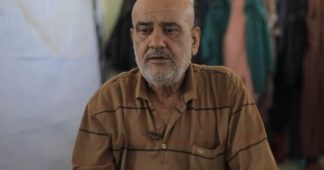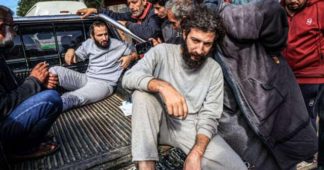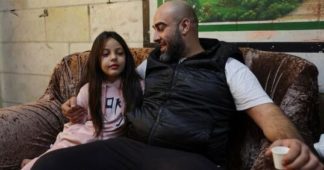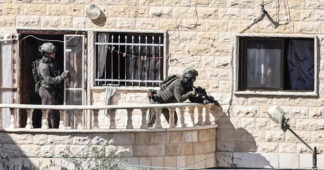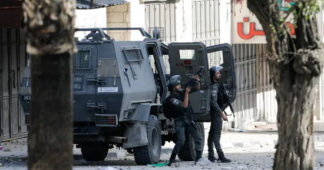By Fayha Shalash – Ramallah
Jun 14, 2025

Ezzedine Abu Rabie, 28, lives in Al-Fawwar refugee camp, south of Hebron (Al-Khalil), and works as a representative for an insurance company. His job requires him to travel regularly between cities in the occupied West Bank—a journey fraught with danger under military occupation.
But nothing could have prepared him for what he endured on June 1, when Israeli soldiers at a checkpoint near Jericho subjected him to hours of torture and humiliation.
In the occupied West Bank, Palestinians have come to understand that even a mobile phone can be grounds for arrest or assault. News apps and images related to the war in Gaza can result in accusations of incitement and lead to brutal beatings or detention, even when no charges are officially filed.
At Israeli checkpoints — now numbering over 900 throughout the West Bank — soldiers routinely demand Palestinian ID cards and phones. If photos or news apps are found, the owner is beaten. If the apps have been deleted, the owner is also beaten — accused of attempting to hide something. The outcome is the same: assault or arrest.
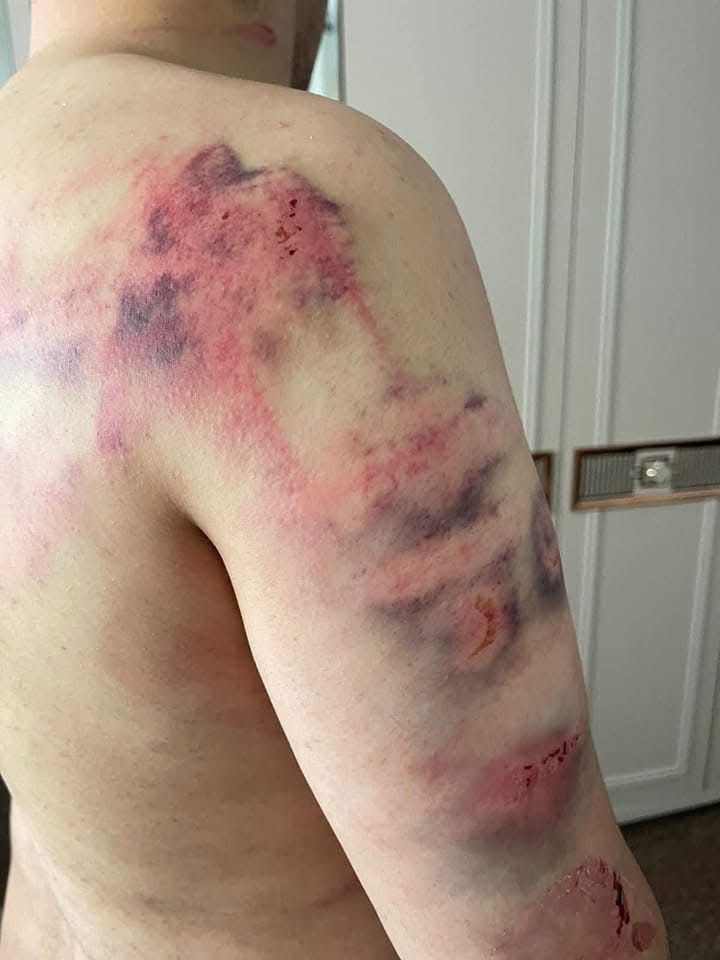
Handcuffed and Blindfolded
On June 1, Ezzedine was driving to Jericho with three others when they were stopped at a military checkpoint at the city’s entrance. Soldiers asked him for his ID card, and after checking it, demanded to see his mobile phone.
After inspecting his phone, the soldiers ordered Ezzedine and his companions to step out of the vehicle. They showed him images stored on the device — photos of children killed by Israel in Gaza.
When Ezzedine explained that he had nothing to do with the images — that they were simply from news apps — the soldiers handcuffed and blindfolded all four men and took them to a small trailer beside the checkpoint.
‘Circle of Death’
“That’s where the circle of death began,” Ezzedine said. “Four soldiers surrounded me and began to beat me with their boots and the butts of their rifles. I didn’t understand what I was being accused of — or why this was happening.”
The beating escalated as one soldier grabbed his head and slammed it repeatedly onto the floor, then stepped on his skull and shoved a boot into his mouth. Another soldier used an electric baton to shock him. Ezzedine’s screams filled the room.
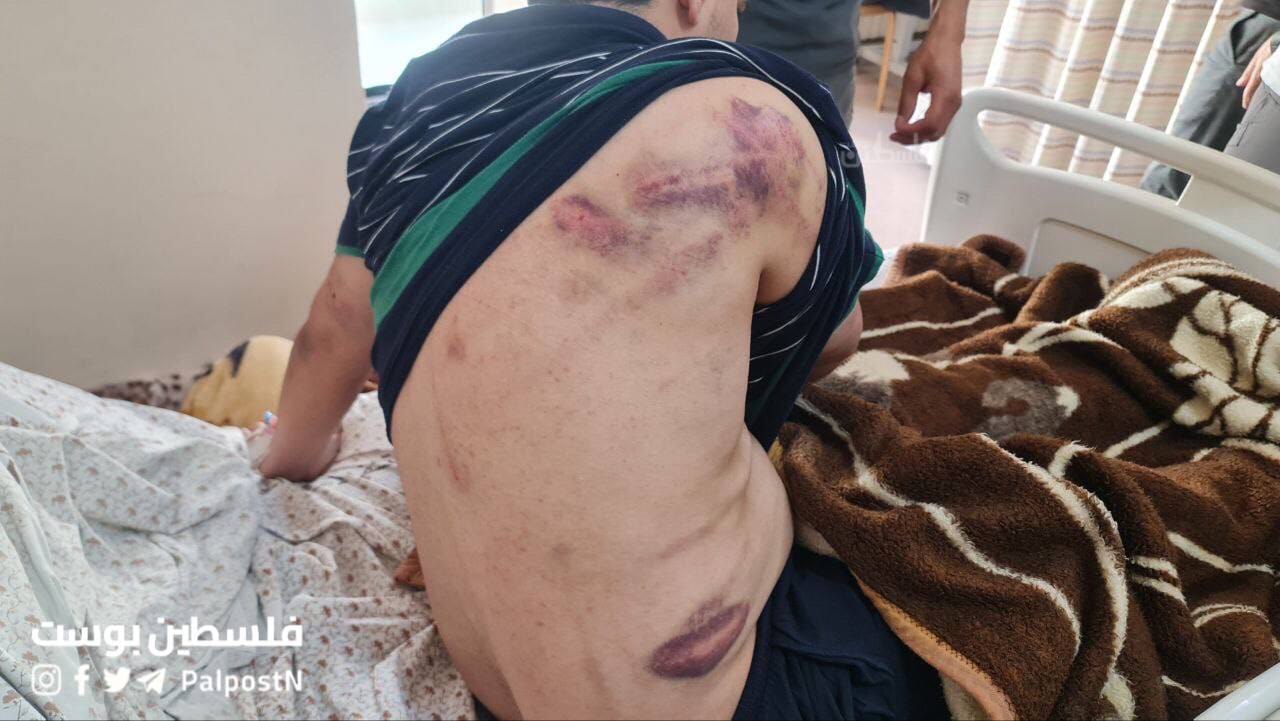
One of the other blindfolded young men pleaded with the soldiers to stop attacking Ezzedine. They did — only to turn on the man who had spoken, beating him just as viciously. Once they were finished with him, they returned to beating Ezzedine.
“I wished for death. I lost consciousness several times. Each time I came to, it was because they struck me again — this time with a rubber baton,” he said. “My mouth and nose were bleeding. When I begged for mercy, they only hit me harder. When I asked for water, they laughed and poured it on me.”
When the initial group of soldiers grew tired, they brought in others to take over. “Had someone recorded what was happening in that room, no one would have believed I could walk out alive,” Ezzedine said.
After hours of abuse, the soldiers dragged Ezzedine to a nearby hill. There, they removed his blindfold and forced him to look at his 2016 Range Rover — now wrecked. The car had been smashed both inside and out, and the engine was filled with dirt.
“As I stared at the car, they told me to turn away. Then one of them said, ‘You are a martyr,’” Ezzedine recalled. “They began to draw their weapons. I thought they were going to execute me. Then they burst out laughing, mocking me — and took me back to that hellish room to continue the beating.”
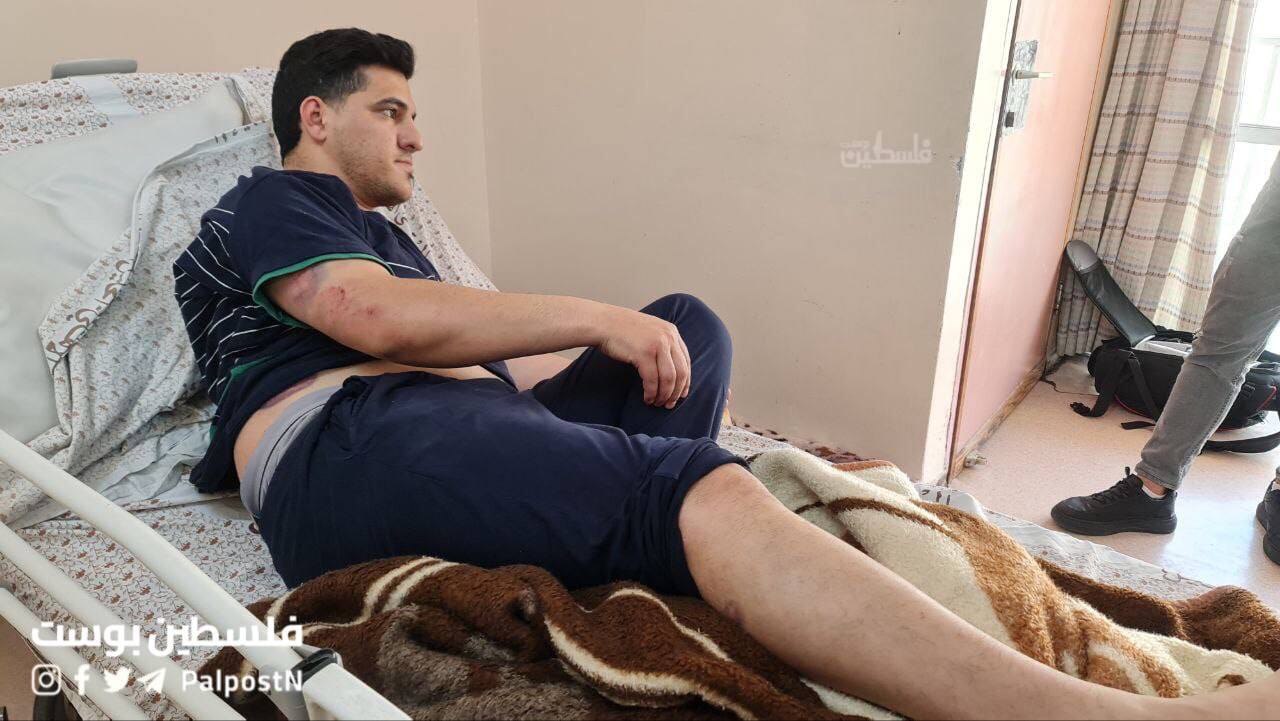
The torture continued from four in the afternoon until five in the morning. Finally, the soldiers untied him and told him to leave — and warned him never to return.
But Ezzedine couldn’t stand. His fellow detainees had to help him walk.
With his car destroyed, he called for a tow truck to load the vehicle and take him back to Al-Fawwar camp.
When he arrived home, his mother broke down in tears at the sight of him. She begged him to go to the hospital, but he refused, saying he just wanted to sleep.
“I woke up two hours later and couldn’t feel a single bone in my body. I couldn’t get out of bed. My family rushed me to the hospital,” he said. “They diagnosed me with fractured ribs, a concussion, and severe bruises across my body.”
He remained in the hospital for three days. The bruises on his body looked like burns, the result of hours of continuous beatings.
Ezzedine now needs time to recover before he can return to work — or resume any kind of normal life.
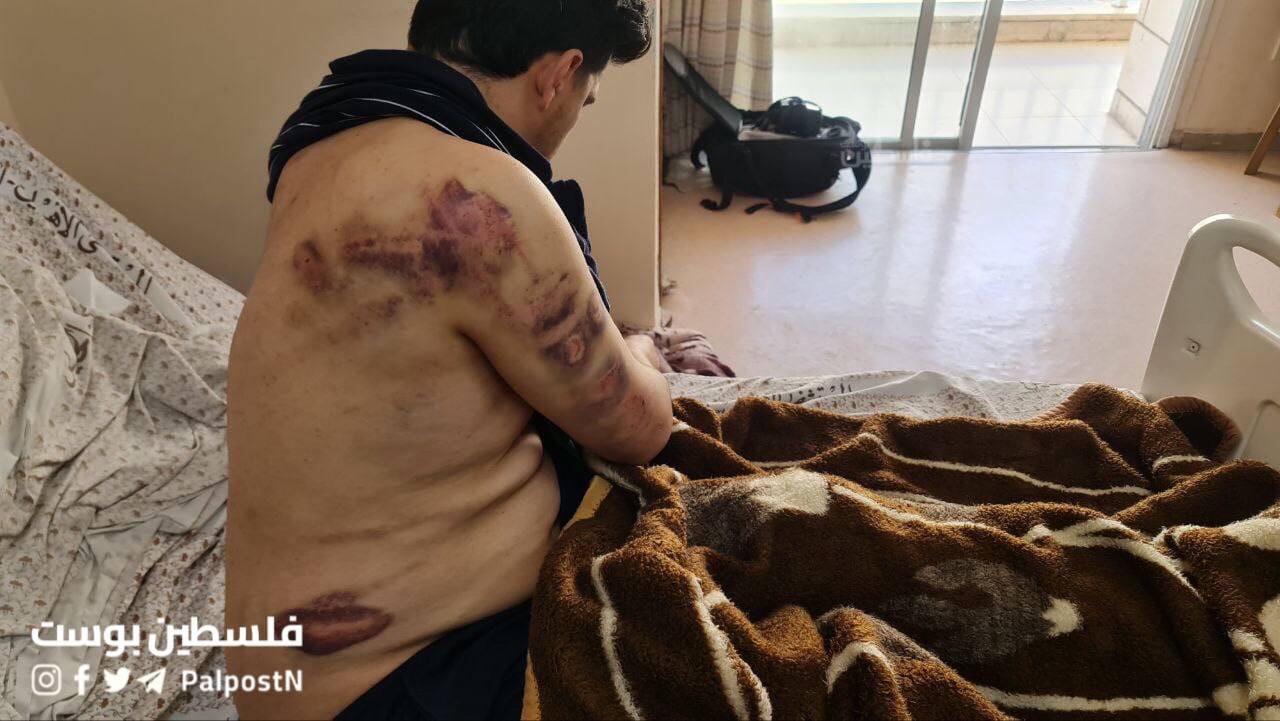
He has filed a complaint against the soldiers with the Israeli military liaison office in Hebron. But he holds no hope that those responsible will face consequences. Attacks like this, he said, happen every day — and almost always without accountability.
“I’ve never been arrested before. I’ve never been through anything like this. But now I know — every Palestinian is a target,” he said. “After what I’ve been through, I don’t know if I’ll ever feel safe leaving Hebron again.”
No Accountability
In the West Bank, attacks by Israeli settlers and soldiers are a near-daily reality. When Palestinians attempt to seek justice through Israeli courts, their complaints are routinely dismissed, and perpetrators go unpunished.
Omar Rahal, director of the Shams Center for Human Rights, noted a common Palestinian proverb: “If your enemy is the judge, to whom do you complain?” The phrase captures what many Palestinians feel — that the Israeli legal system is fundamentally biased in favor of soldiers and settlers.
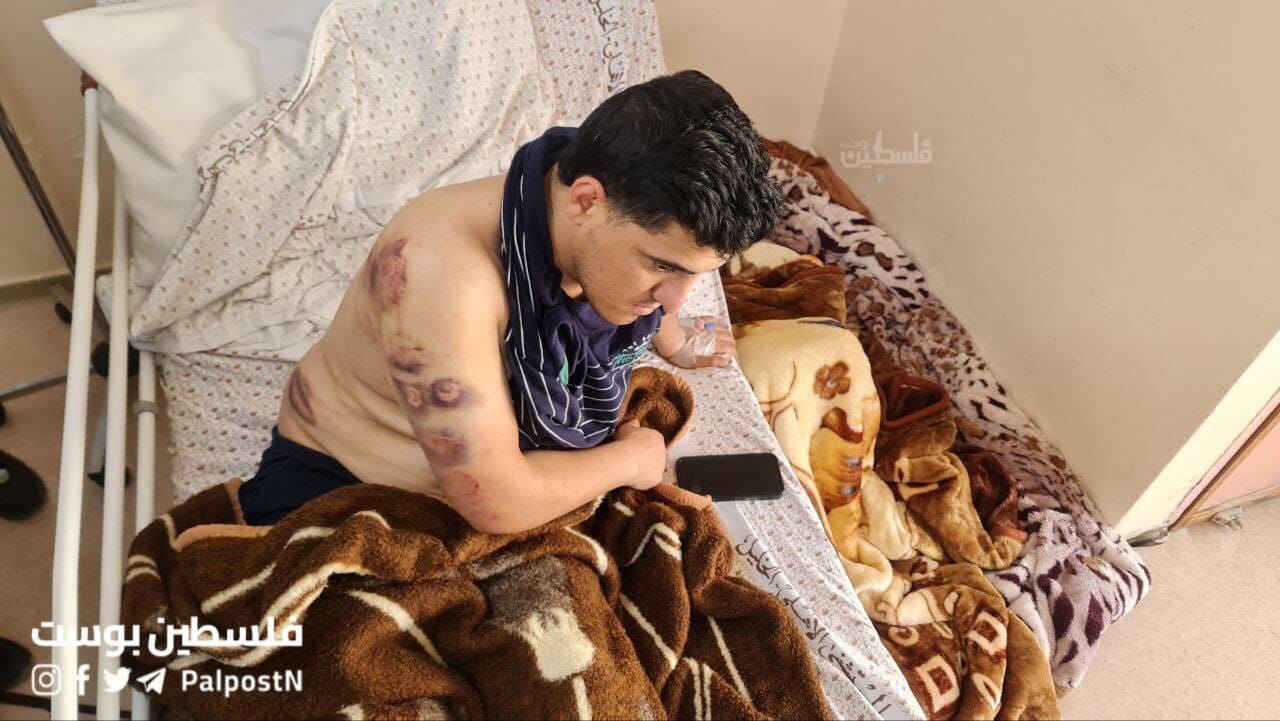
Rahal explained that the system operates with double standards and shows no regard for international humanitarian law or human rights law.
“There are hundreds of cases involving killings, injuries, abductions, beatings, and humiliation carried out by soldiers,” Rahal said. “Some civilians were even executed on camera — and the footage clearly showed these were premeditated killings.”
Yet the Israeli judiciary “did nothing,” he added. “At most, a soldier might serve a month or two in a social facility.”
Rahal said the system is politicized and designed to shield the occupation army and political leadership from accountability for their ongoing human rights violations against Palestinians.
(The Palestine Chronicle)
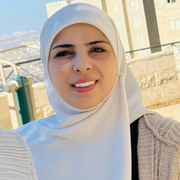
– Fayha’ Shalash is a Ramallah-based Palestinian journalist. She graduated from Birzeit University in 2008 and she has been working as a reporter and broadcaster ever since. Her articles appeared in several online publications. She contributed this article to The Palestine Chronicle.
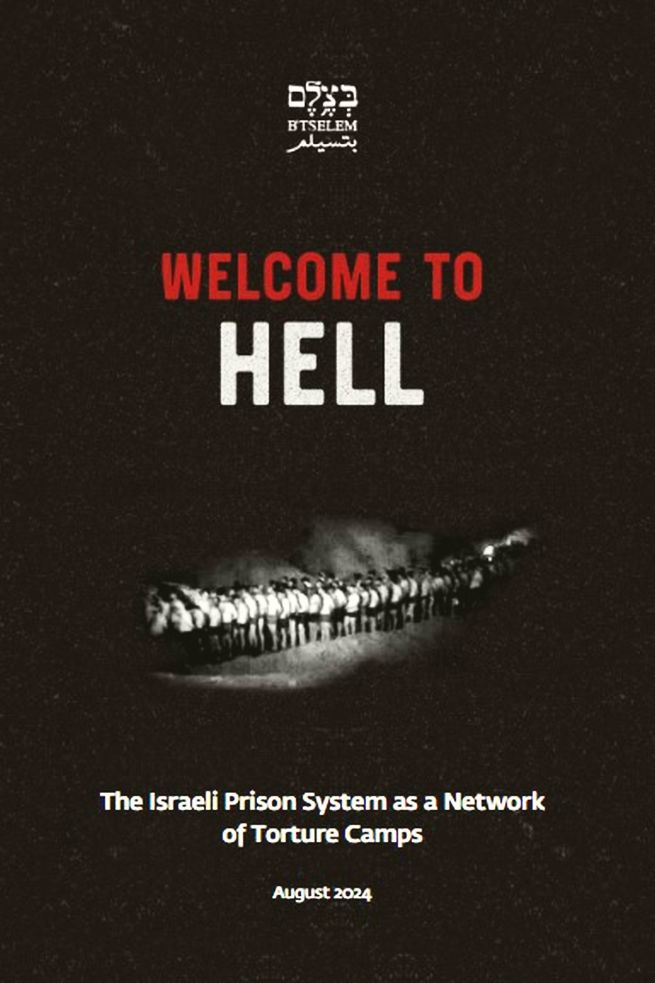 Click on photo to read the book
Click on photo to read the book
We remind our readers that publication of articles on our site does not mean that we agree with what is written. Our policy is to publish anything which we consider of interest, so as to assist our readers in forming their opinions. Sometimes we even publish articles with which we totally disagree, since we believe it is important for our readers to be informed on as wide a spectrum of views as possible.
 Ezzedine never expected to return home to his family after the hell he experienced at the hands of Israeli soldiers because of photos of Gaza children on his phone.
Ezzedine never expected to return home to his family after the hell he experienced at the hands of Israeli soldiers because of photos of Gaza children on his phone.